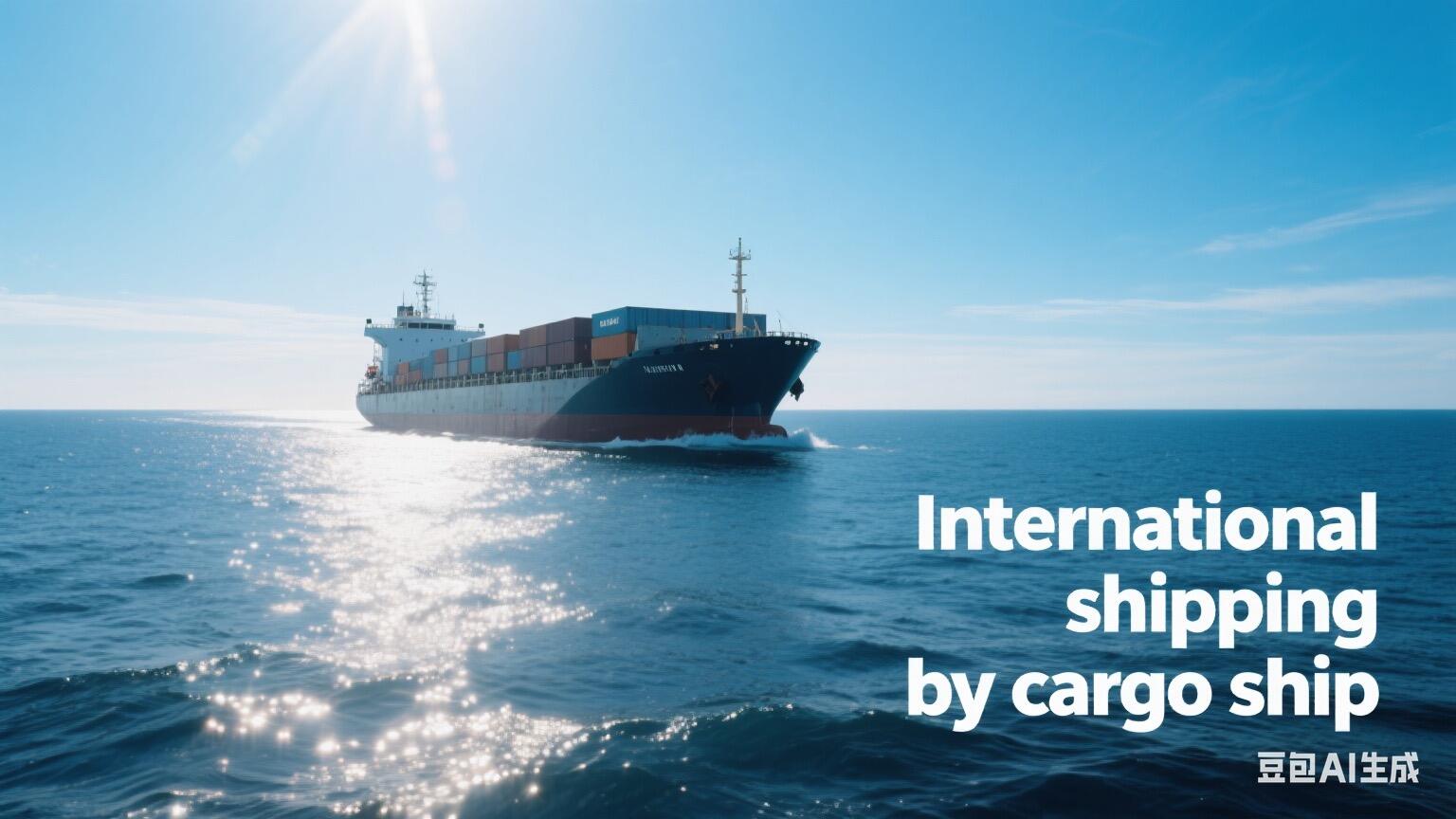Maximizing Shipping Efficiency Through Strategic Consolidation
In today's complex global supply chain landscape, businesses are constantly seeking ways to optimize their shipping operations while managing costs effectively. Cargo consolidation solutions have emerged as a powerful strategy that enables companies to streamline their logistics processes and achieve significant cost savings. By combining multiple smaller shipments into one larger consignment, businesses can unlock numerous benefits that extend far beyond simple cost reduction.
The logistics industry has witnessed a dramatic transformation in recent years, with cargo consolidation becoming increasingly sophisticated and technology-driven. This evolution has made it possible for businesses of all sizes to access consolidation services that were once available only to large enterprises. Understanding when to implement these solutions can make the difference between operating at optimal efficiency and struggling with unnecessary shipping expenses.

Core Benefits of Cargo Consolidation
Cost Optimization and Savings
One of the most compelling reasons to consider cargo consolidation solutions is the potential for substantial cost savings. When shipping smaller loads individually, businesses often pay premium rates for less-than-container-load (LCL) shipments. Through consolidation, multiple partial loads can be combined into a full container load (FCL), resulting in better pricing per unit and reduced handling fees. Companies can typically save between 15-30% on their shipping costs when properly implementing consolidation strategies.
Additionally, consolidated shipments often benefit from reduced documentation fees, as multiple shipments can be processed under a single bill of hiding. This streamlined paperwork not only saves money but also reduces administrative burden and the potential for errors.
Environmental Impact and Sustainability
In an era where environmental consciousness is paramount, cargo consolidation solutions offer significant environmental benefits. By combining multiple shipments into fewer containers or vehicles, businesses can substantially reduce their carbon footprint. This reduction in transportation requirements leads to decreased fuel consumption and lower greenhouse gas emissions.
Many companies are finding that their environmental initiatives align perfectly with cargo consolidation strategies, allowing them to meet both their sustainability goals and operational efficiency targets simultaneously. This dual benefit has become increasingly important as consumers and stakeholders demand more environmentally responsible business practices.
Optimal Timing for Implementation
Seasonal Business Fluctuations
Understanding when to implement cargo consolidation solutions is crucial for maximizing their benefits. Seasonal businesses often find that consolidation becomes particularly valuable during their peak periods. For instance, retailers preparing for holiday seasons can consolidate their various supplier shipments to ensure more efficient handling and delivery scheduling.
During off-peak seasons, consolidation can help maintain cost-effective shipping solutions when individual shipment volumes might not justify dedicated containers or vehicles. This flexibility allows businesses to adapt their shipping strategies to varying demand levels throughout the year.
Market Expansion Phases
When companies are expanding into new markets or territories, cargo consolidation solutions become especially relevant. The ability to combine shipments from multiple suppliers or to different destinations can significantly reduce the complexity and cost of entering new markets. This approach allows businesses to test new territories without committing to full container loads for each shipment.
Market expansion often involves working with new suppliers and establishing new distribution networks. Consolidation services can help manage these relationships more effectively by providing a structured approach to handling diverse shipping requirements.
Technology and Integration Considerations
Digital Tracking and Visibility
Modern cargo consolidation solutions leverage advanced technology to provide real-time tracking and visibility. Before implementing consolidation services, businesses should ensure they have the necessary technological infrastructure to take advantage of these capabilities. This might include integration with existing warehouse management systems or enterprise resource planning platforms.
The ability to track consolidated shipments effectively is crucial for maintaining control over inventory and meeting customer expectations. Advanced tracking systems can provide detailed information about individual items within consolidated loads, ensuring transparency throughout the shipping process.
Data Analytics and Optimization
Success in cargo consolidation relies heavily on data-driven decision making. Companies should consider implementing consolidation solutions when they have sufficient data analytics capabilities to optimize their consolidation strategies. This includes the ability to analyze historical shipping patterns, predict future needs, and identify the most efficient consolidation opportunities.
Modern consolidation platforms often include sophisticated analytics tools that can help businesses make informed decisions about when and how to consolidate shipments. These tools can identify patterns and opportunities that might not be apparent through manual analysis.
Frequently Asked Questions
What minimum shipping volume is needed for cargo consolidation?
While there's no strict minimum volume requirement, cargo consolidation solutions typically become cost-effective when a business has regular shipments of at least 2-3 cubic meters per week. However, the optimal volume can vary depending on factors such as shipping routes, destination, and frequency of shipments.
How does cargo consolidation affect delivery times?
Cargo consolidation may slightly extend transit times compared to direct shipping, as consolidated shipments require additional coordination and handling. However, professional consolidation services typically optimize routes and schedules to minimize delays, often achieving delivery times that are only marginally longer than direct shipments.
Can temperature-sensitive goods be included in consolidated shipments?
Yes, many cargo consolidation solutions offer specialized options for temperature-sensitive items. These services use temperature-controlled containers and monitoring systems to maintain specific conditions throughout transit. However, it's essential to work with a provider that has experience in handling your specific type of temperature-sensitive cargo.




